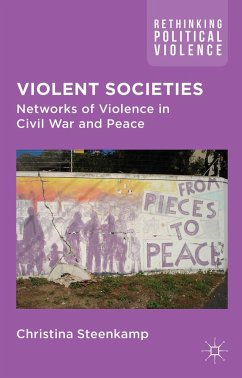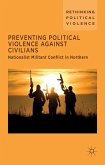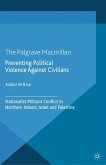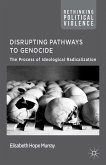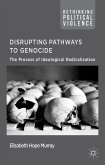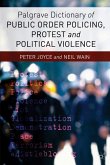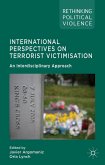This book investigates the relationships between political violence, social violence and economic violence using examples from South Africa, Northern Ireland, Lebanon and Syria. It examines the cultural impact of war and argues that a culture of violence can explain the high levels of violence which are frequently found in post-war societies.
"This book provides a welcome addition to research on peace and war. By studying various forms of violence in post-war societies it sheds new light on the continuities and discontinuities of the structures and cultures created by the experience of war. Drawing on research on Northern Ireland, South Africa, Lebanon and Syria, it highlights the multiple layers of understanding of violence in these contexts as well as the blurring of boundaries of violence with social, political, economic and criminal motivations." - Kristine Höglund, Associate Professor in Peace and Conflict Research, Uppsala University, Sweden
"The book addresses a topic that is both a nagging public policy issue, and a scholarly puzzle: why do some societies that experience longstanding civil conflicts, which are eventually brought to conclusion with formal peace accords, then still continue to generate public violence, albeit in a different form? [...] What makes this book stand out from other workson these 'new wars' is the deployment of a clear, crisp and precise conceptual framework, with a broad comparative perspective, and the use of original data from interviews conducted in Northern Ireland and South Africa. Furthermore, this study also distinguishes itself in its range: from the identification of the origins of this violence through to an analysis of the interwoven nature of different types of violence, with a concluding chapter on the implications for long-term peacebuilding." - ProfPierre Du Toit, Stellenbosch University, South Africa
"The book addresses a topic that is both a nagging public policy issue, and a scholarly puzzle: why do some societies that experience longstanding civil conflicts, which are eventually brought to conclusion with formal peace accords, then still continue to generate public violence, albeit in a different form? [...] What makes this book stand out from other workson these 'new wars' is the deployment of a clear, crisp and precise conceptual framework, with a broad comparative perspective, and the use of original data from interviews conducted in Northern Ireland and South Africa. Furthermore, this study also distinguishes itself in its range: from the identification of the origins of this violence through to an analysis of the interwoven nature of different types of violence, with a concluding chapter on the implications for long-term peacebuilding." - ProfPierre Du Toit, Stellenbosch University, South Africa

